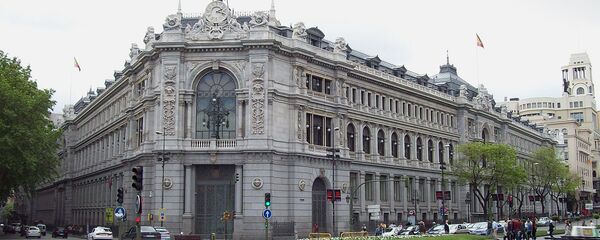The outbreak of the COVID-19 pandemic and the economic consequences of it may have "a contradictory" effect on the global transition the renewable sources of energy, the International Renewable Energy Agency (IRENA) said in a report on Monday.
"Unforeseen developments may well influence the energy transition. The outbreak of the coronavirus is disrupting global supply chains in many sectors, including renewable energy. The oil price volatility observed in early 2020 has contradictory effects. It is unlikely to have a significant impact on renewables in the power sector (where oil plays a limited role) but could affect the speed of electrification in the transport sector. Oil price volatility could also undermine the viability of unconventional oil and gas," the report, shared with Sputnik, read.
Even though the short-term impact on the energy transition will be negative, it is unlikely to affect the long-term planning on the reduction of emissions and sustainable development, the agency noted.
Since the energy market has faced a tremendous crisis due to the falling demand and the failure of the OPEC+ talks in April, the investments into the fossil fuel sector will prove to be "shortsighted and increasingly risky," leading to many assets being stranded, according to IRENA.
"Due to the slow progress to date in reducing emissions from the energy sector, already USD 11.8 trillion in assets will need to be stranded by 2050 in the Transforming Energy Scenario [presented by IRENA in the report]. Moreover, further delaying action for another 10 years would result in an additional USD 7.7 trillion in stranded assets by 2050," the report read.
The renewable sources of energy such as solar, wind, biofuel and others, prevailed among new additions to the global power generation mix in 2019. The renewables’ capacity increased by 176 gigawatts (GW) in 2019, reaching a total of 2,537 GW, according to the International Renewable Energy Agency.
Despite the growth the renewable energy showcased last year, there are fears that the COVID-19 pandemic can slow down the transition to the alternative sources of energy. Many supply chains have been disrupted and part of the renewable energy facilities and factories have been shut down to contain the spread of the pandemic.










